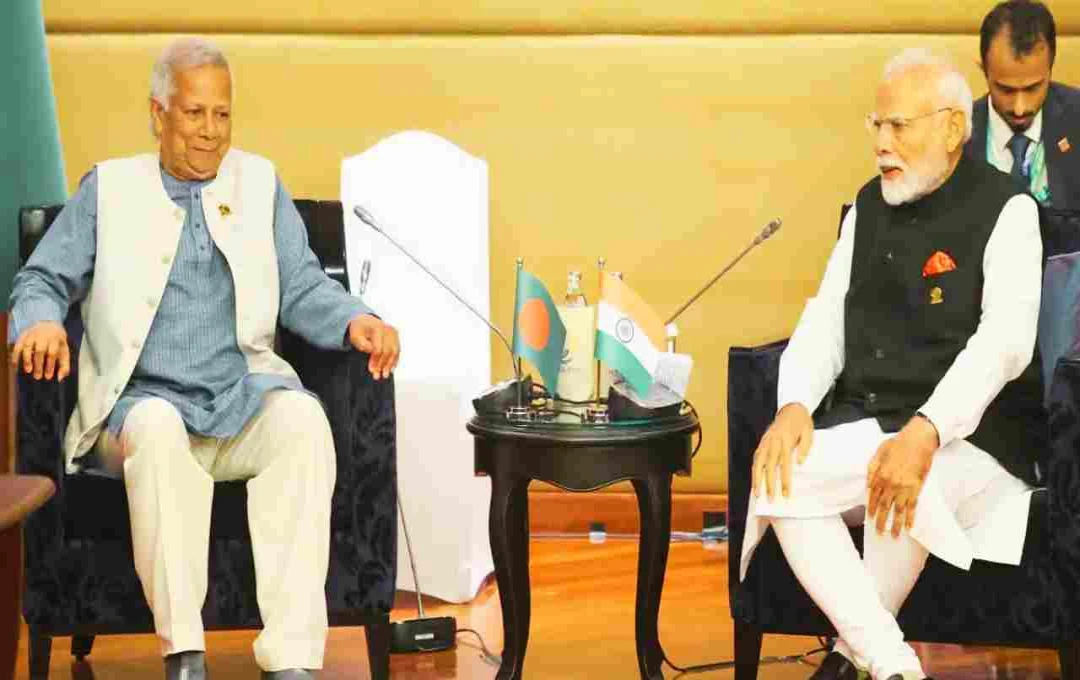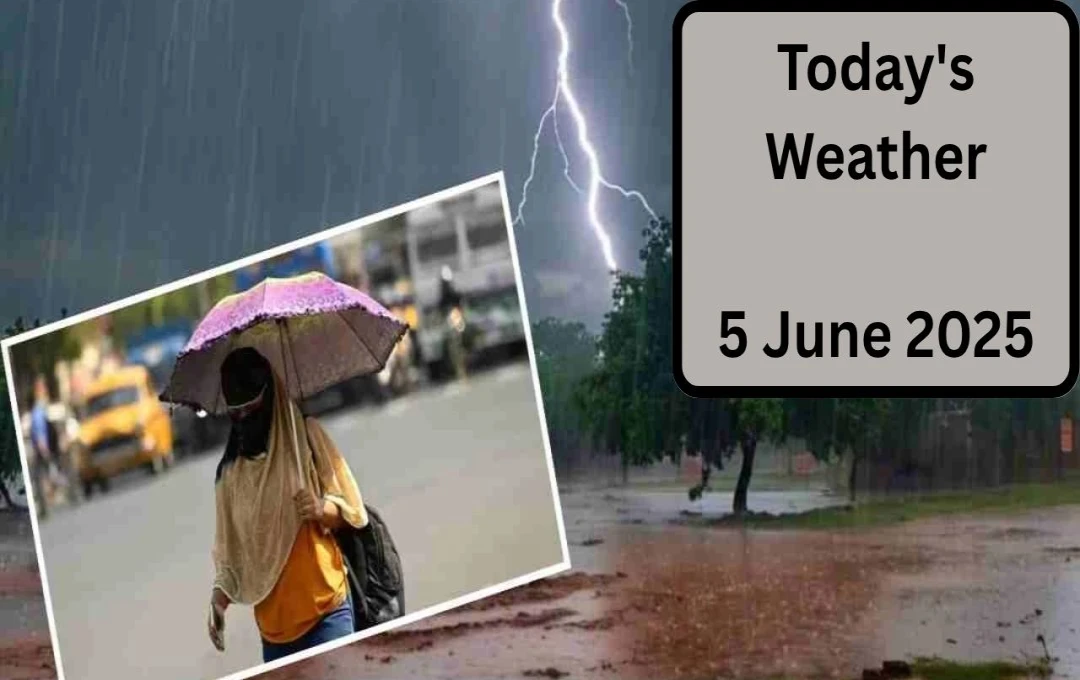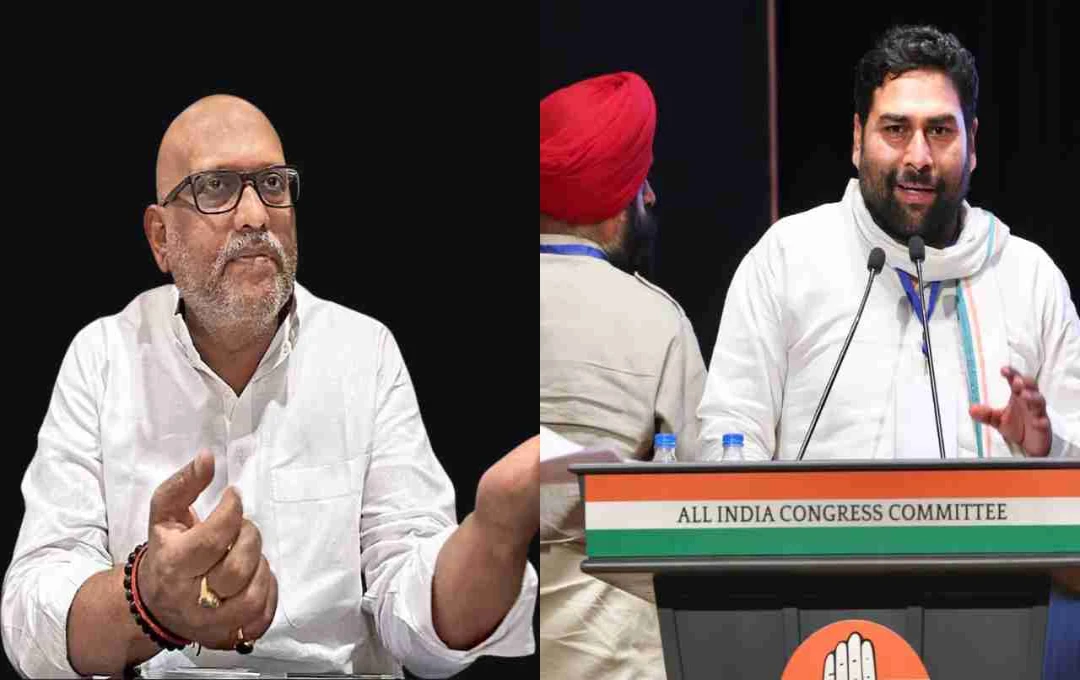Bangladesh's interim government chief, Mohammad Yunus, has cultivated a distinct profile due to his b networking and international connections. Therefore, it's difficult to believe his recent statement following a visit to China was merely a casual remark.
India-Bangladesh: India-Bangladesh relations have become strained following the change in power in Bangladesh. Mohammad Yunus, the head of the interim government formed after the ouster of former Prime Minister Sheikh Hasina, appears to be gradually distancing himself from India and moving closer to China and Pakistan. Although Prime Minister Narendra Modi and Yunus met during the BIMSTEC summit, subsequent events clearly indicate this meeting failed to restore warmth to the relationship.
Growing Dependence on Extremists
Yunus's government is now under the influence of certain Islamic extremist groups. These groups played a key role in overthrowing Sheikh Hasina's government and are now part of the ruling structure. Their ideology is not only anti-India but also aims to erase Bangladesh's secular and pluralistic character, transforming it into an Islamic republic.
This explains the attempts to conceal attacks on Hindu minorities. The patriotic saint Swami Chinmay Prabhu is facing continuous persecution for inspiring Hindus to resist migration and fight for their rights within Bangladesh. This signifies the rapid erosion of Bangladesh's pluralistic fabric.
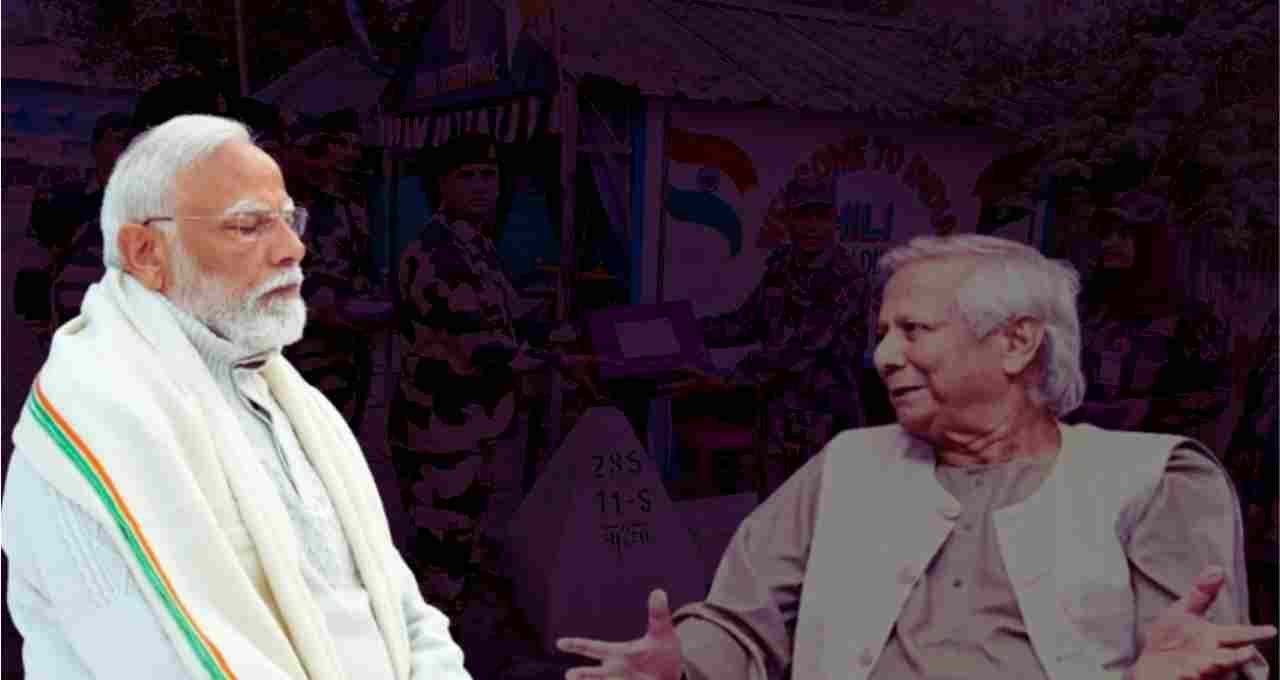
Anti-India Statements and Geopolitical Signals
Following his China trip, Yunus described India's northeastern states as "landlocked," emphasizing Bangladesh's control over the sea. This statement carries a strategic message beyond mere geographical assertion. Bangladesh is abandoning its traditional cooperative role with India and adopting a more independent, even confrontational, policy.
India's Response: Restraint and Vigilance
India has maintained restraint towards Bangladesh's new government. Supplies for trade, food, and the textile industry have continued, but changes in visa policies signal India's displeasure. The reduction in medical visas, in particular, indicates that India will not compromise its security concerns under the guise of humanitarian values.
Security and Strategic Front
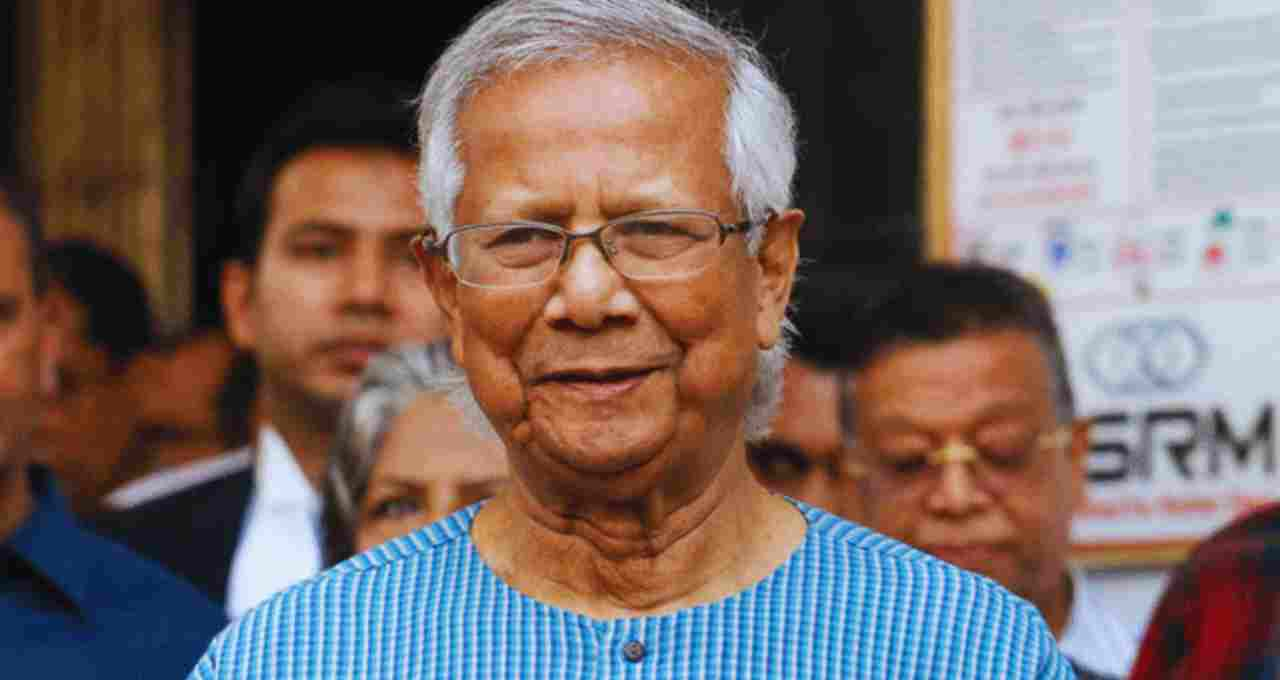
The growing interference of Pakistan and China in Bangladesh is a major concern for India, especially concerning the security of sensitive geographical corridors like the "Chicken's Neck." The security cooperation readily available under Sheikh Hasina's government is unlikely with the Yunus administration. India must now formulate alternative strategies for securing its northeastern borders. Furthermore, enhanced coordination with neighbors like Nepal, Bhutan, and Myanmar in regional diplomacy is crucial to effectively counter China's encirclement.
Until a stable and democratic government is established in Bangladesh, India must maintain distance from any political power while safeguarding its security and diplomatic interests. If Bangladesh becomes a base for anti-India activities, India should not hesitate to adopt a firm stance.
